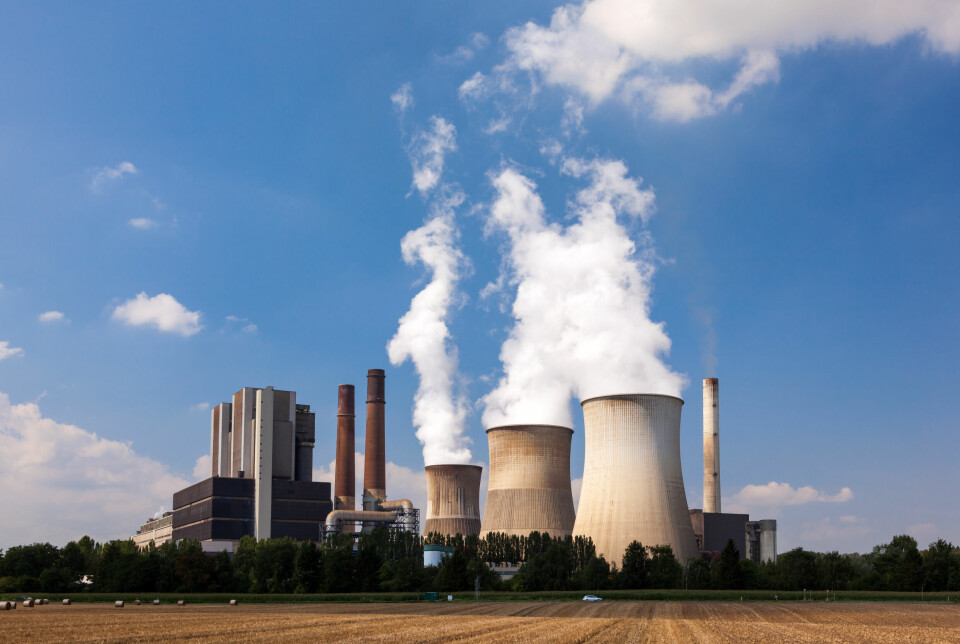France to build more reactors as nuclear prioritised
At least six new reactors and potentially as many as 14 could be built to meet climate change goals
EDF is leading the race to build new reactors
Philip Lange / Shutterstock
Revealed earlier this year in a detailed consultation document, the government’s latest energy policy drops renewables targets and prioritises nuclear.
If implemented, six new EPR2 (Evolutionary Power Reactor 2) reactors could be built by 2026, with 9.9 GW of capacity. An additional 13 GW from nuclear power would come later, most likely from eight reactors also of the EPR2 type.
In a report last summer, state electricity producer EDF estimated the cost of the six reactors at €51.7 billion, but recognised the price will be higher as the estimates were done before inflation took off.
Much hyped smaller, modular reactors are not likely to be ready for the first tranche of orders, but might take the place of an EPR2 reactor in later orders.
A decision on the first prototype of the new small reactor, most likely at Marcoule in Gard, was also put back.
EDF’s own small reactor, called Nuward, is favourite in the race for new reactors although another French firm, called Jimmy Energy, is finalising one based on a high temperature core system with helium gas as the main coolant. It then transfers heat to a carbon dioxide-based heat exchanger linked to steam turbines.
Read more: MAP: where are France’s nuclear reactors and what is planned for more?
Funding promise
The small reactors, designed to produce enough electricity for a large city, have been promised €77.2million in funding from the French government, but work on the first prototype is only due to start at the end of 2030.
One decision the government did take was to extend the life of the nuclear fuel treatment factory at La Hague in Manche to 2100.
France aims to reduce the share of fossil fuels in its energy consumption mix to 40% from more than 60% by 2030, Energy Transition Minister Agnès Pannier-Runacher said last year.
The new reactors, as well as other measures such as promoting electric vehicles, could help meet this target.
Renewable energy is also being championed, but the removal of fixed targets for this has been condemned by climate groups including Greenpeace France.
There is significant opposition in France to large renewable wind energy projects, while promoters of solar energy plants often want to put them on easy-to-access agricultural land, which also causes political problems.
Read more: Why record numbers of homeowners in France are installing solar panels
Rocky start
The EPR2 reactors the government is putting its faith in have had a rocky start.
Launched with an order from Finland, the first reactor only came on power in 2023, 13 years behind schedule and €10billion over the fixed price for the Finns of €3billion.
Another EPR2 reactor, built in China, has had to run at reduced power because at full power unexpected turbulence in the pressurised water container was damaging fuel rods.
And in France, the Flamanville EPR reactor being built at La Hague should have been ready in 2012, but will only come on stream, if all goes well, in the first half of this year.
So far it has cost six times more than budgeted for, with the final bill likely to be around €18billion.
EDF says it is confident that future reactors will not cost as much. Government energy proposals also include measures to reduce electricity bills for households and businesses.
Gas prices
A versement universel nucléaire is proposed, whereby EDF and other suppliers lower bills to reflect the contribution of stable nuclear power and reduced dependency on fluctuating gas prices elsewhere in Europe.
France is also drafting a law to get around EU rules which have put the blocks on investment in new hydroelectric capacity. Brussels has repeatedly said this should be conditional on competitive tenders to bring in new participants. EDF currently owns most of France’s hydro production.
Read more: ‘Climate change should interest more people than it does’





























